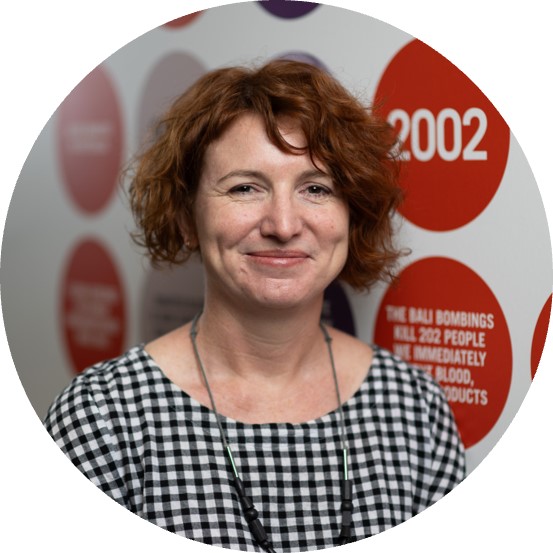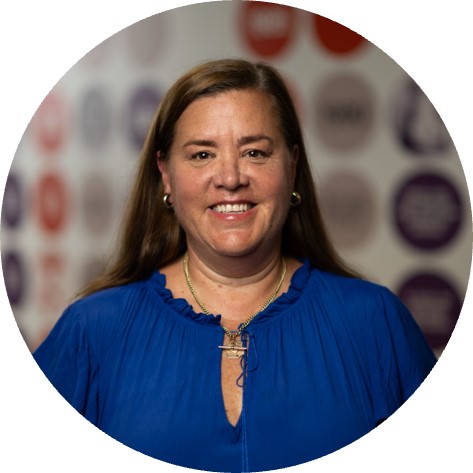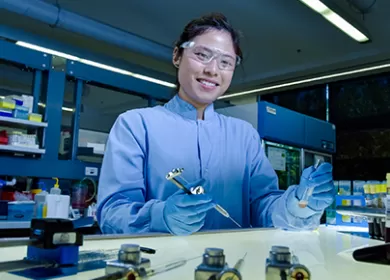Research study update: ASPECT study | Antigen specific T cells for COVID-19 Therapy and the Therapeutic cell bank
Lifeblood researchers, with the help of a small number of very dedicated donors, were able to contribute to some amazing work on novel COVID-19 therapies being conducted by Associate Professor Emily Blyth and her team in the Westmead T-Cell Therapies Group (WTCG) at the Westmead Institute for Medical Research.
What was the question?
How can we help provide potentially life-saving treatments for patients who are at risk of suffering severe and prolonged COVID-19?
Why is it important?
COVID-19 can be severe and often life-threatening for people who are “high risk”. People who have suppressed or compromised immune systems may not be strongly protected against COVID-19 by vaccination. These people are at high risk themselves from COVID-19, but also are at high risk for spreading the disease.
What did we do?
T cells are a vital part of our immune system that fight COVID-19 by finding and destroying infected cells. The Westmead team specialises in developing T cell therapies for various conditions and they’re now developing a T cell therapy for COVID-19.
To help, we identified eight volunteer Lifeblood donors who have recovered from COVID-19 and asked them to donate a sample. The team could use that sample to develop a way to isolate the T cells that recognise COVID-19 and grow more in a laboratory.
Five of these donors then gave us a whole blood donation which we sent to Westmead’s T-Cell Therapies Laboratory for manufacture into a treatment for COVID-19.
What did we find out?
The Westmead T-Cell Therapies Laboratory isolated T-cells that could fight COVID-19 from the blood of all the donors in this study even though some of them had recovered from COVID-19 more than 24 months before we collected their blood.
At the start of the production process, the Westmead researchers had about 1 million T-cells from each donor. But they were able to grow almost a billion T cells from each of the five donors. That’s enough to potentially treat up to 15 patients from each donation.
What’s happening next?
A/Prof Emily Blyth and her team are preparing a clinical trial to test these COVID-fighting immune cells in people whose immune systems aren’t able to fight COVID-19 by themselves.
We hope that continuing clinical research will help us understand how these COVID-19 specific T cells work, when it’s best to use this therapy, and which group of patients will benefit most.


